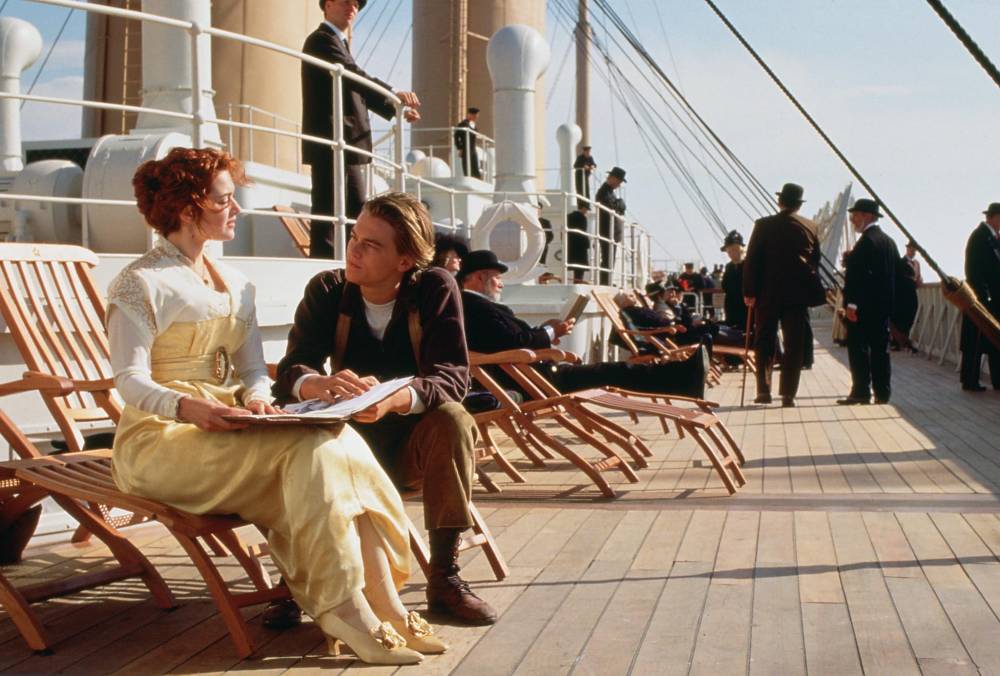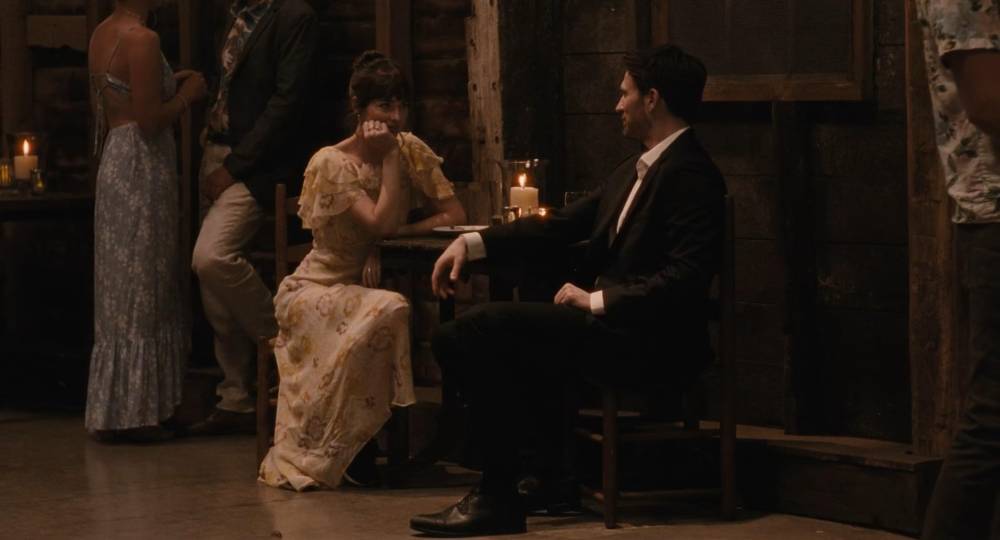Against anti-broke boy sentiments, what would it take to be deserving of love?

Picture this: a successful career woman living in the city—engaged to her wealthy but often busy partner—who visits her hometown. However, due to a sudden work trip and an ill-timed argument, he isn’t able to join her. Alone and back at home, with memories of the past rushing in, she reunites with a past lover, questions her engagement, rekindles their relationship, and forever leaves her city life behind.
Forget the adultery on display—I may have glossed over a few details, but that is pretty much the familiar plot structure of films over the years that have stressed the value of putting love ahead of money when it comes to relationships. Think films such as “Titanic,” “Six Days, Seven Nights,” or even “The Notebook.” These classics have told us to choose what feels right over what is comfortable, who you’re with over where you are, and date nights at the local eatery over a romantic candle-lit dinner. Love, unadulterated by any factor, in itself is the be-all and end-all.
The ideal form of love for its time, undoubtedly. But nowadays, and for better or for worse, what feels right often coincides with what is comfortable. And for a modern take on the aforementioned classics, Celine Song’s “Materialists” isn’t viewed nearly as inspiring or heart-tugging as it would’ve been had it screened in the ‘90s or 2000s.
Instead, there’s “broke boy propaganda,” which tells women to settle for less.
A sign of the times
“In this economy, however, one cannot help but desire a rich partner anyway. Because while love should be priceless, that doesn’t change the fact that nothing else is,” writes Ally de Leon in her review of “Materialists” on Lifestyle Inquirer.
Relationships aren’t solely built on love. It takes financial stability, emotional and intellectual compatibility, and much more. Rather, love is what binds and sustains them. It cannot (or should not) be everything.
Earlier interpretations have divided men and women into roles that so-called befitted their physical attributes. The hunter and gatherer, the father and mother of a nuclear family—relationships were once entered upon based on the man’s ability to provide, and the woman’s ability to nurture.
But in this day and age, it’s nothing more than an outdated sentiment. And rightfully so.
“Our current era may mark the first time in recent history that financial stability independent of a male partner is a possibility for women as a class,” writes Kayla Kibbe.
However, in reality, financial stability as a singular individual is a pipe dream for most. In fact, financial “independence” is still tied to our relationships. After all, two salaries are better than one—and if you’re lucky, you have a singular salary so massive that a second one is unnecessary. Now, would you prefer to be madly in love but struggling with a “broke boy,” or slightly less in love but comfortable with a wealthier partner? Call it what you will, but for many, it’s a no-brainer.
“As progressive as we think we’ve become over the years, dating standards still lean [towards] traditional, if not conservative,” De Leon adds.

We reap what we sow
Being “anti-broke boy” is one thing. It means going against the conventional trope of choosing the underdog, all in the name of financial stability. It’s a transactional take on relationships—sure, to each their own. But to pretend as if love was always pure of anything outside of it is another thing entirely.
Kibbe puts attention to “the very patriarchal systems that were literally designed to render women dependent on men in the first place.” The wage gap, maternity leaves being viewed as a dip in productivity—literal systems and conventions that punish women for being women.
Modern sensibilities and ideas on how men and women should co-exist have undoubtedly evolved in the past decades. But the reality on the ground hasn’t caught up to be able to support women independent of men. And now, to complain about the anti-broke boy almost feels contrived. Even my girlfriend, whom I consulted before writing this piece, shares the same sentiment. After all, why shame women for playing the game you made?
“It’s about the exhaustion of existing under a patriarchal society that was literally built to keep us financially dependent on romantic relationships with men, yet simultaneously shames us for making financially advantageous choices in our love lives,” adds Kibbe.
What about the “broke boy” when the ready-made man takes the cake?
But what about a single men in their early 20s who have nothing to do with this? Are they undeserving of the love afforded by the wealthy few if they have nothing to show for it?
I used to think the same. Dating out of college wasn’t as exciting as it was made out to be. Sure, there are girls my age, single mothers, middle–aged professionals, high-earning career women… options as far as the eye can see. But on the contrary, single bachelors—guys literally a decade older than me—are going on a date with someone I was interested in. They’re competition I didn’t know I ever had. How was I going to compare?
In the face of multi-course dinners, overnight stays at five-star hotels, and even road trips, I could offer nothing more than movie dates and a few drinks at the bar while I commute or take a Grab.
“‘Di ka man lang hinatid,” noted my girlfriend’s mother one time. Luckily, she doesn’t care about all that. But anyhow, my early dating attempts have put me in my place.
Now, I’m lucky to be with someone who accepts me for who I currently am. I’m far from where I want to be, and I’m fully intent on becoming that eventually. But in a world that glorifies the ready-made man, it is important to find someone happily content with a work in progress.
Because if anything, would you want to be with someone who’s only with you because of what you can buy?

















